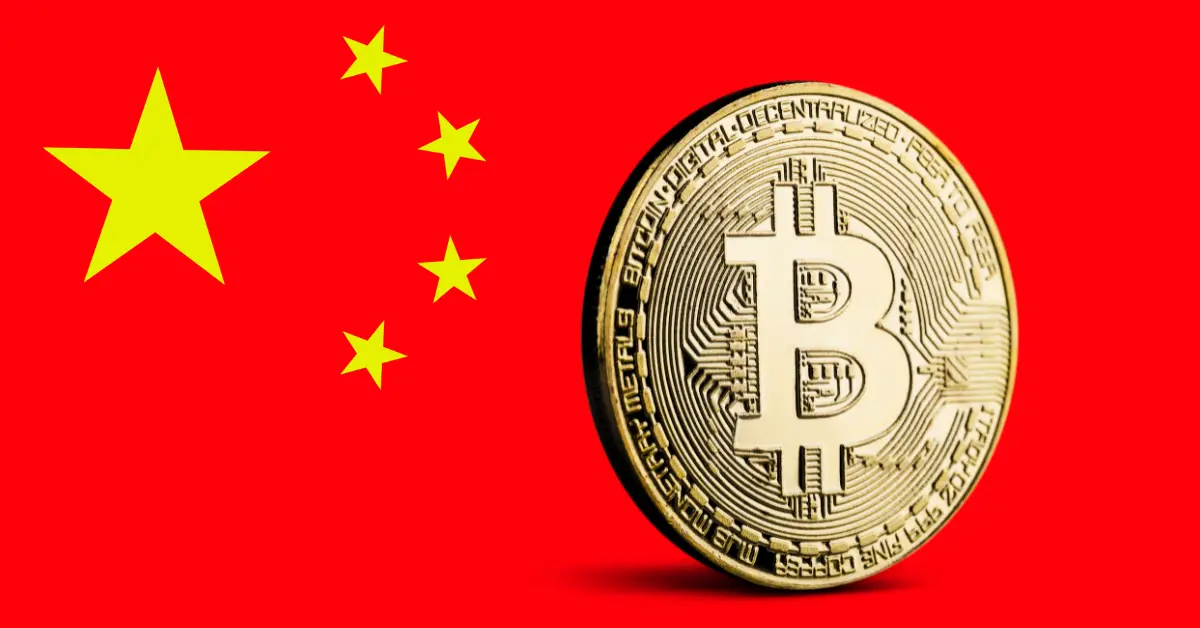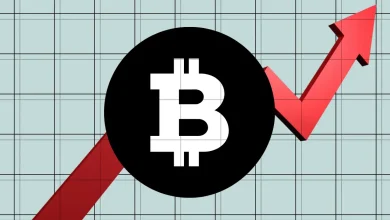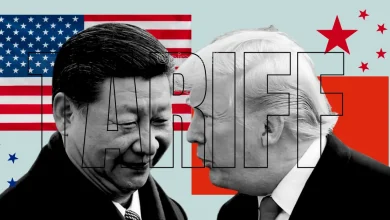
China's stance on crypto could change due to global trends, especially after Trump's win and his pro-crypto agenda.
U.S. crypto policy could be a major factor in China's potential shift, leading to the possible relaxation of its crypto restrictions.
Market speculation and recent Chinese economic measures add to the possibility of China opening up its crypto market.
With the U.S. ramping up efforts to become a global crypto hub, China could soon face pressure to adjust its strict policies on digital assets. If China decides to ease its crypto ban, it could have a huge impact on the global market, opening new doors for investment and adoption across Asia.
While a complete policy reversal is uncertain, industry leaders like Xiao Feng, CEO and Chairman of Hong Kong-based HashKey crypto exchange believe that a shift in China’s crypto space is increasingly possible, especially as major economies seek to capitalize on the sector’s growth potential.
Trump’s Election Sparks Crypto Buzz
Following Donald Trump’s election win in the U.S. Feng’s comments have stirred market speculation, especially as Trump’s win has been credited with fueling a global crypto surge and driving renewed interest in digital assets across Asia.
Donald Trump’s pro-crypto agenda has ignited enthusiasm throughout the industry, with Bitcoin reaching a record high of $93,000 and the global crypto market cap recently surpassing $3 trillion. This “Trump effect” is driven by expectations that his policies will clear regulatory hurdles for crypto in the U.S., potentially influencing other nations, including China, to reconsider their own restrictive policies.
U.S. Policy Could Influence China’s Next Move
According to Feng, “If the U.S. Congress and the president make crypto policies clear, it would be a driving force for China to accept cryptocurrencies.” Although China currently bans crypto trading and mining, Feng believes global events, like U.S.-led sanctions on Russia, could influence China to rethink its decision. Instead of waiting five or six years, China could now embrace crypto within two years due to these pressures.
China’s recent economic moves, including increased debt issuance and support for low-income citizens, have added to the speculation about a possible softening of its crypto stance. Some analysts see these measures as signals that China could eventually loosen its policies on digital assets.
If the U.S. achieves regulatory clarity, the combination of global economic shifts and U.S. influence could lead China toward a more flexible approach to crypto in the near future.
- Also Read :
- Crypto Regulations In China 2024
- ,
Post-Election Crypto Rally
Overall post elections the entire crypto market is in green. Bitcoin’s rise to a new all-time high of $93K and surging altcoins indicate growing confidence in the sector, potentially reinforcing the case for China to reconsider its stance. The HashKey CEO suggests that within two years, China could start relaxing its restrictions on crypto, aligning with the bullish momentum seen worldwide.
Feng’s insights align with Trump’s recent commitments to support the digital asset sector. During his campaign, Trump pledged to protect crypto businesses, promising to remove SEC Chair Gary Gensler and roll back restrictive regulations. He also indicated that the U.S. might hold onto seized Bitcoin rather than selling it, signaling a firm stance in favor of crypto.
As the U.S. and China take their positions, the crypto world waits—one policy shift could reshape the market forever.







